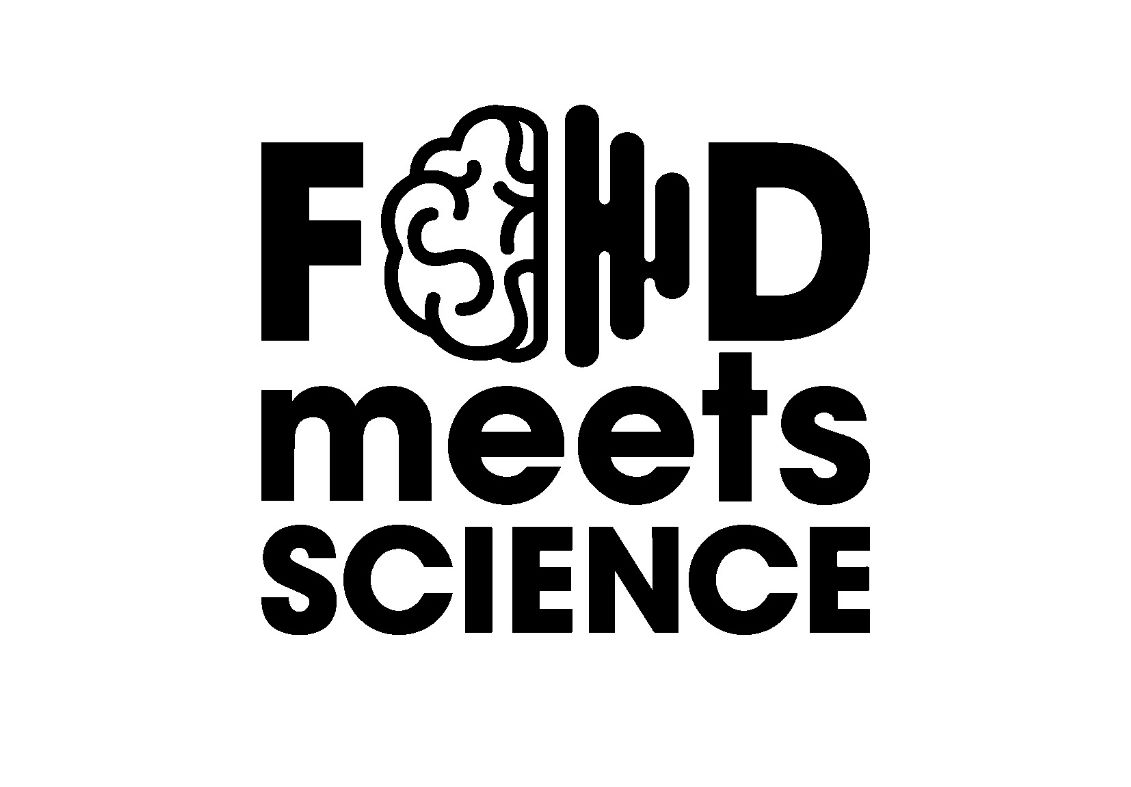
Does cow’s milk make you fat or help you lose weight?
In recent times, there have been many articles on whether it is worth drinking cow’s milk or whether it is better to avoid it. We took a closer look at the topic. But let’s start from the beginning and answer the question of what it actually is. It is a secretion from the mammary gland of female mammals. Milk appears during lactation. Cow’s one is the most commonly used food product for humans. It contains 88% of water! Is there a difference between the milk of different animals? Raindeers’ for example, has the highest amount of fat, protein, and calcium. Human milk contains the most lactose. Some products with a consistency resembling animal product, for example, soy drink, oat, rice, and so on, are commonly referred to as milk.

Cow’s milk contains many essential nutrients:
- protein – the basic building block of the human body,
- lipids – they are vital for human skin, they protect it against excessive water loss and other factors damaging it, such as low temperatures,
- calcium – is an important building block of teeth and bones. Not everyone knows that it is also crucial in the process of blood coagulation,
- phosphorus – responsible for the good condition of our bones,
- magnesium – is very important for the proper functioning of the nervous system,
- potassium – regulates blood pressure,
- lactic acid – lactic acid bacteria promote the production of collagen and improve metabolism,
- vitamins A, C, D, E, K, B12, and PP – are responsible for the proper course of many processes in the human body.

So is it good for you?
Cow milk also has other beneficial properties – it reduces the risk of many diseases, including osteoporosis, hypertension, colon cancer, and ischemic heart disease. In addition, it contains vitamin D and calcium – they help protect the body’s cells from cancer. Recent data also shows that a calcium-rich diet helps you stay slim. So we dispel the myth that milk is very fattening. Of course, it’s best not to choose the one with the highest level of fat content. So why is there so much information that we shouldn’t all be drinking milk? Animal one is not for everyone. It is dangerous for people with lactose intolerance. What are its symptoms? The most common are abdominal pain, bloating, and even diarrhea. Milk is not entirely forbidden for people with deficiencies in the enzyme digesting lactose. Consume it in limited amounts or choose lactose-free beverage, which has long been available on store shelves.
Types of milk
As mentioned earlier, there are many types of milk. Some say skimmed one has less calcium, protein, phosphorus, potassium, and other nutrients than its full-fat counterpart. This is a myth. In skimmed milk, as the name suggests, only the amount of fat is minimized. Scientists say that a glass for breakfast instead of a cup of tea allows you to eat fewer calories throughout the day. Powdered one is obtained by evaporating almost all the water from whole or skimmed cow’s milk. Nowadays plant-based drink is gaining more and more popularity. In legal terms, it is not milk, but a vegetable drink. It can be obtained from different plants, but soy, oat, rice, coconut, or almond is the most popular. Its advantage is the lack of lactose, which allows people lactose intolerant to enjoy it. It is also a perfect alternative for vegans.
There is a perfect milk or plant-based drink for everyone!









Post a comment